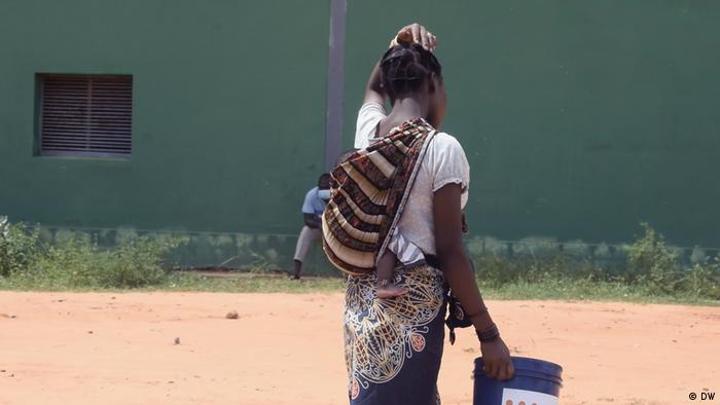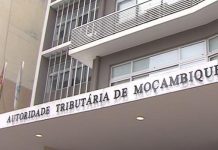
Africa-Press – Mozambique. According to military sources quoted by the international press, the district of Palma, in Cabo Delgado, Mozambique, is once again the scene of renewed attacks on the natural gas project installations on the Afungi peninsula.
On Wednesday (23-06), a Southern African Development Community (SADC) summit decided to send an organization “alert force” to help Mozambique fight terrorism in Cabo Delgado.
However, the arrival of more combat forces in the region worries João Feijó, sociologist and researcher at the non-governmental organisation Observatório do Meio Rural (OMR), who warns that “military action by the SADC, if not accompanied by greater socio-economic investment in the region, could perpetuate the conflict”.
DW Africa: What is your first analysis of the decision taken by SADC in the context of the conflict in Cabo Delgado?
João Feijó (JF):
It is important to defend the interests of the population and their security. In fact, the security of the population is at stake, and greater military security is needed in the region.
DW Africa: Isn’t there a risk that the population will become victims of military interventions, if they are not handled properly?
JF:
Greater force on the ground will have the effect of greater violence on the population. The population is caught between two parties fighting each other. They will suffer on both sides. If they cooperate with one side, they will suffer from the other. I think that greater counterterrorism intervention will only increase the cycle of violence, generating more displaced people and more resentment in people.
DW Africa: Would just one military force be enough in this conflict?
JF:
A counterterrorism response cannot be just brute force. You have to be a lot smarter. It has to be with specialised means, using technology that captures communications, calls and codes from these groups, intervening on the respective leaders. If this is not accompanied by a proportionate reinforcement in humanitarian terms – because there will be an increase in the number of displaced people in the near future due to more counterterrorism actions – and if it is not accompanied by greater socio-economic and job-creating investment, we run the risk of simply feeding the conflict and not resolving it.
DW Africa: Is it confirmed that the attacks in Palma have resumed, after a period of relative calm?
JF:
The information that is coming in – as yet unconfirmed – is that there are many attacks around the town of Palma. It’s not confirmed, but they say they managed to shoot down a helicopter. So the group continues to make inroads. There is an impasse here which we must resolve.
DW Africa: And are many displaced still arriving in Pemba?
JF:
Whenever there is an attack in Palma, four or five days later we have a new wave of displaced people arriving at Paquitequete by sea. We are used to this. This will continue until everyone has left the places where they are. Then there is the question of guaranteeing the rights of the populations with a humanitarian response that meets their needs.





